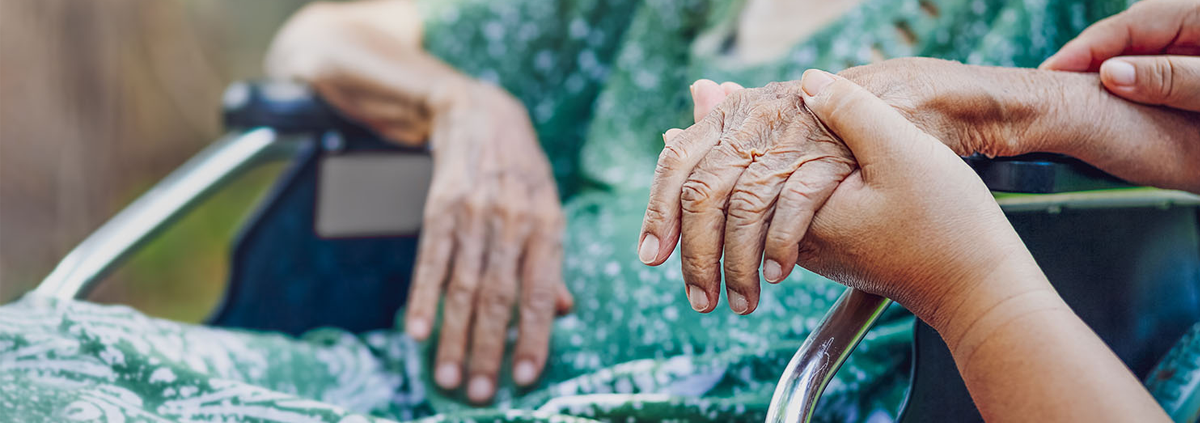The Quality Improvement Organization (QIO) Program provides nursing homes in rural and underserved areas with no-cost quality improvement tools, training, coaching and resources to help them improve their overall 5-Star Quality Rating and quality measure ratings on clinical measures for resident care. Nursing homes also receive assistance to improve medication safety, reduce preventable emergency room visits and readmissions, and prevent infections, falls and pressure ulcers.
QIO Program initiatives for nursing homes focus on five priority areas:
Opioid Utilization and Misuse
People with Medicare are especially vulnerable to the adverse effects of opioids due to changes in the body that occur with age. This vulnerability, coupled with polypharmacy which is common in the Medicare population, significantly increases the risk for opioid-related adverse drug events. Nursing homes receive access to resources and promising practices that reduce the impact of opioid misuse, such as reducing high-dose opioid use and providing alternative treatments for pain management.
Care Coordination
Patients whose care is not well coordinated when they move to a new care setting are at a higher risk for adverse outcomes, including medication errors, adverse drug events and avoidable visits to the hospital. Nursing homes receive assistance to improve their discharge planning and communication when their residents transition to other care settings.
COVID-19 and Infection Control
The COVID-19 pandemic has greatly impacted nursing homes and has led to staffing shortages and burnout. Nursing homes rapidly receive information about regulations and guidance along with promising practices and resources that address nursing homes’ most pressing needs. They also receive infection prevention and control training to reduce the spread of COVID-19, along with support and guidance to overcome vaccine hesitancy and encourage vaccine and booster uptake among staff and residents.
Immunizations
Immunizations are the most effective way to prevent infections that pose the highest risk to people with Medicare – COVID-19, influenza and pneumococcal pneumonia. Nursing homes receive evidence-based strategies and promising practices to help them implement a successful vaccination program.
Patient Safety
Infections and adverse drug events are the most common patient safety events in nursing homes. Education and technical assistance help nursing homes prevent adverse drug events and infections such as Clostridioides difficle (C. diff), sepsis, urinary tract infections (UTIs), pneumonia and COVID-19.

